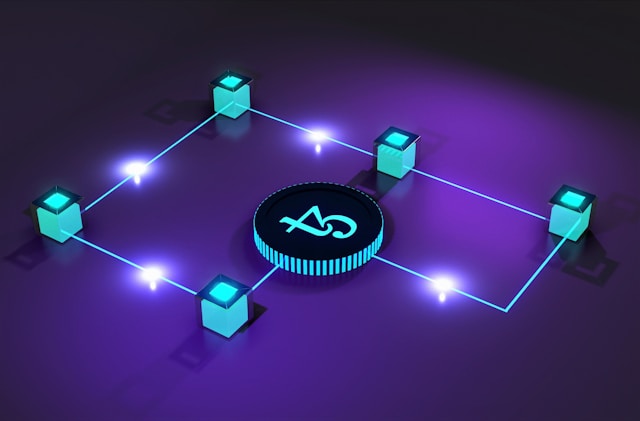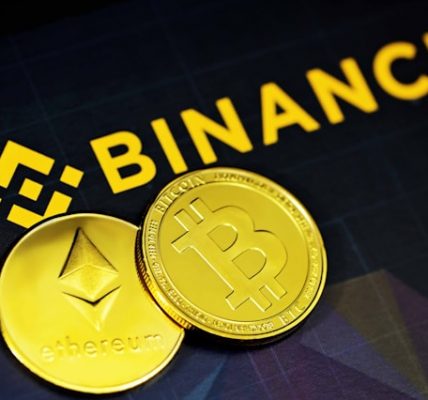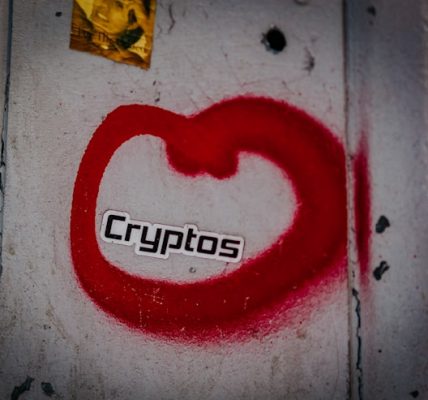Hey everyone! Dr. Anya Sharma here, ready to dive into something that’s been buzzing in my brain for ages: digital identity on the blockchain. It’s a complex topic, sure, but one with HUGE potential. For years, we’ve relied on centralized systems to manage our identities online, and frankly, it’s been a bit of a mess. Think data breaches, identity theft… ugh, the list goes on.
Why Blockchain for Digital Identity?
Okay, so why blockchain? Well, the core idea is pretty simple: decentralization. Instead of a single entity controlling your data, it’s distributed across a network. This makes it incredibly secure and transparent, theoretically giving you way more control over your personal info. Imagine owning your digital self, deciding who gets to see what, and not worrying about some corporation selling your data to the highest bidder. Pretty cool, right?
But it is not so fast! The decentralization of blockchain is not a panacea. As we know, any system has its weaknesses. Lets figure it out.
The Potential Power of Blockchain Identity
The potential applications are mind-blowing. Think about proving your identity online without having to upload a scan of your driver’s license to a dodgy website. Or securely verifying your credentials for a job application. Even voting could become more secure and transparent! I think this one is very interesting. Imagine voting in elections and being 100% sure that your vote is accurately accounted for, without any funny business. The transparency that blockchain brings is great.
Challenges on the Horizon: It’s Not All Sunshine and Rainbows
Alright, let’s be real. It’s not all sunshine and rainbows. There are some serious hurdles we need to jump over before blockchain-based digital identity becomes mainstream. It’s like that one time I tried to bake a sourdough bread…looked easy on paper, but the reality was a sticky, frustrating mess! (It did taste good eventually, though!).
Scalability
Scalability is a biggie. Can these blockchain networks handle millions, or even billions, of identities? I mean, some of the current blockchains struggle with transaction speeds as it is. Imagine trying to verify your identity during a major event, and the network just grinds to a halt. Not ideal.
Privacy
Another HUGE issue is privacy. While blockchain is transparent, we don’t necessarily want everyone knowing *everything* about us. The challenge is to find ways to verify identity without revealing sensitive information. This is where things like zero-knowledge proofs come in – cryptographic magic that allows you to prove something is true without revealing the information itself. Pretty neat, huh?
And, by the way, what about GDPR? I have some concerns about that.
Interoperability
Then there’s interoperability. We need different blockchain identity systems to be able to talk to each other. Imagine having a digital identity that only works on one platform. It would be like having a phone that only works with one carrier – super limiting.
User Adoption
And, let’s not forget user adoption. Convincing people to switch from the current, albeit flawed, systems to something new and unfamiliar is always a challenge. It’s going to require clear communication, easy-to-use interfaces, and a whole lot of trust.
Regulatory Compliance
The last thing is regulatory compliance. The legal landscape around blockchain is still evolving, and we need to make sure that any digital identity system complies with all the relevant laws and regulations. Especially about users personal data.
Zero-Knowledge Proofs: The Key to Privacy?
I briefly mentioned zero-knowledge proofs (ZKPs) earlier, but they’re so important that they deserve a little more attention. These cryptographic techniques allow you to prove that you possess certain information without actually revealing the information itself. For example, you could prove that you’re over 21 without revealing your exact birth date. Or that you have a certain qualification without showing the certificate. This is a HUGE step forward in protecting user privacy.
The Road Ahead
So, what does the future hold? I think blockchain-based digital identity has the potential to revolutionize how we interact online. But it’s going to take a lot of work to overcome the challenges. We need to focus on scalability, privacy, interoperability, user adoption, and regulatory compliance. It’s not going to be easy, but I think it’s worth it.
I’m excited to see what the future holds for digital identity on the blockchain. It’s a fascinating area with the potential to make a real difference in the world. What do you think? Let me know in the comments!
Published: 03/31/2025 14:52:42





